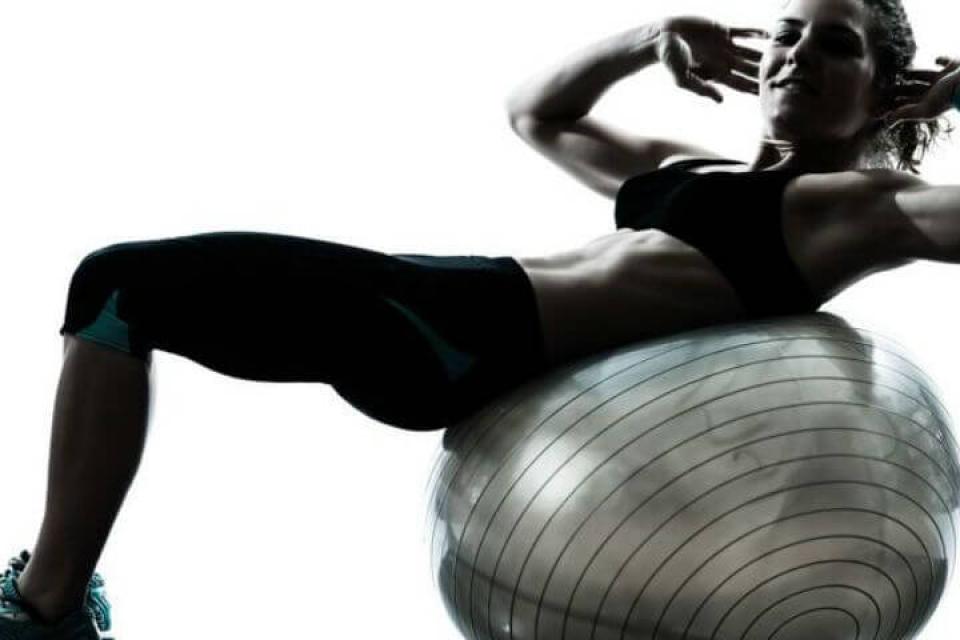A mother’s health is essential to the good health of her baby. Women who eat well and exercise regularly are less likely to have complications during pregnancy and are more likely to give birth to a healthy baby. Here are a couple tips to keep all you mothers healthy before and during your pregnancy:
Nutrition
Eating a nutritious diet during pregnancy is linked to good fetal brain development, a healthy birth weight, and it reduces the risk of many birth defects. A balanced diet will also reduce the risks of anemia, as well as other unpleasant pregnancy symptoms such as fatigue and morning sickness. Good nutrition is thought to help balance mood swings and it may improve labor and delivery as well.
A well-balanced pregnancy diet includes:
- protein
- vitamin C
- calcium
- fruits and vegetables
- whole grains
- iron-rich foods
- adequate fat
- folic acid
Prenatal vitamins
Most nutrients needed during pregnancy should come from food, but prenatal vitamin supplements play an important role. Pregnant women are often too busy to plan three nutrient-filled meals every day, and a vitamin supplement can provide the extra nutrition that your child needs.
Folic acid (folate) is a B vitamin that is very important for pregnant women. Folic acid supplements taken several weeks prior to pregnancy and for the first 12 weeks of pregnancy have been found to lower the risk of having a child with a neural tube defect such as spina bifida.
Most prenatal vitamins contain 1 milligram of folic acid. Talk to your doctor before you start taking prenatal vitamins. They can help you decide which type is best for you.
Exercise
Moderate exercise is not only considered safe for pregnant women, it’s encouraged and thought to benefit both you and your baby. Exercising 30 minutes a day is proven to help circulation, strengthen muscles, and decrease stress. However, it’s important to talk to your doctor before starting any exercise regime, particularly if you are in a high-risk category. If you were not physically active before getting pregnant, talk with your doctor about what exercise you can do during your pregnancy.
For the majority of normal pregnancies, exercise can:
- increase energy levels
- improve sleep
- strengthen muscles and endurance
- reduce backaches
- relieve constipation
Aerobic exercises, such as walking, jogging, and swimming, stimulate the heart and lungs. Aerobic activity also improves circulation and increases muscle tone and strength.
There are many exercise classes designed specifically for pregnant women that help to build strength, improve posture and alignment, and promote better circulation and respiration. Consider joining a class near you if you are interested.
Cut out bad habits
It’s important to cut out smoking, drug use, and alcohol consumption before or during pregnancy. These have been linked to serious complications and risks for both mother and baby. Any alcohol that is consumed by the mother enters the fetal bloodstream in approximately the same concentrations as in the mother’s bloodstream. Alcohol consumption during pregnancy can also lead to complications, such as:
- miscarriage
- premature labor and delivery
- stillbirth
Cigarette smoking is the most common cause of low birth-weight babies, which is the most common cause of death and illness in the first few weeks of life. To ensure your baby is as healthy as possible it is encouraged to stop smoking during pregnancy.
Prenatal Care
Taking part in prenatal care checkups will help your doctor monitor both you and your baby throughout your pregnancy. It will also allow you to bring up any concerns you have about your pregnancy.
Following these tips can help make sure that both you and your baby are healthy as can be.
A version of this article appeared on Healthline.com on May 16, 2016, with the headline “Maintaining a Healthy Pregnancy”.











